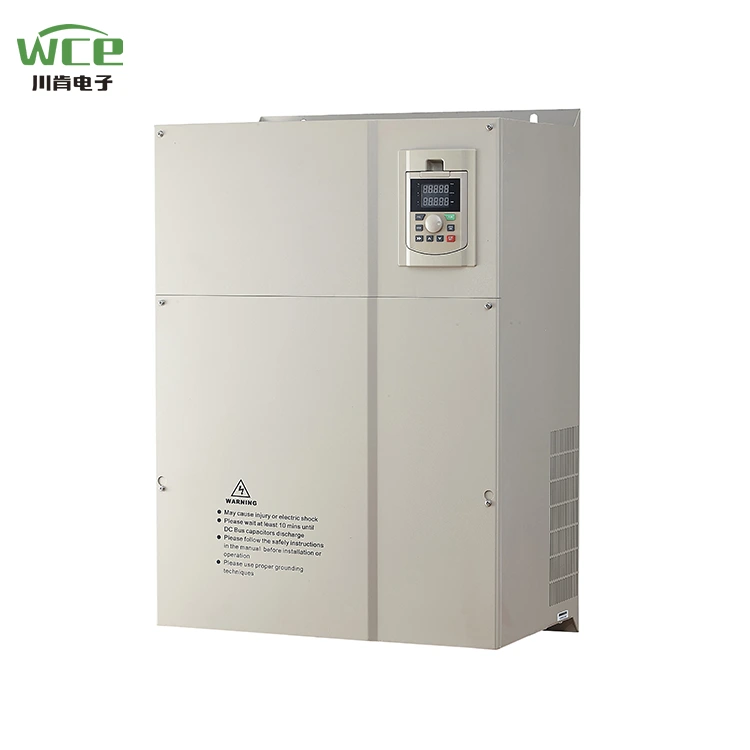Understanding the Types of AC Drives: Choosing the Right One for Your Application
2025-04-29
AC drives, also known as variable frequency drives (VFDs), play a critical role in controlling the speed and torque of electric motors. With growing demand for energy efficiency, process control, and equipment protection, AC drives have become essential in a wide range of industries. But not all drives are the same—understanding their types is key to making the right selection.
1. Voltage Source Inverter (VSI) Drives
This is the most commonly used type of AC drive in industrial applications.
- Operation: Converts fixed AC input into DC, and then back into variable frequency AC output.
- Use Cases: Pumps, fans, conveyors, HVAC systems.
- Advantages: High efficiency, good speed control, regenerative braking support.
2. Current Source Inverter (CSI) Drives
CSI drives are designed to work with high-power motors and applications that require constant torque.
- Operation: Similar to VSI, but the intermediate circuit is current-based instead of voltage-based.
- Use Cases: Large compressors, industrial blowers, and fans.
- Advantages: Robust design, good fault tolerance.
- Limitations: Larger and more expensive than VSI drives.

3. Direct Torque Control (DTC) Drives
Known for their fast dynamic response and high accuracy.
- Operation: Controls motor torque and flux directly, without relying on modulation techniques.
- Use Cases: Robotics, elevators, cranes, and applications requiring rapid torque changes.
- Advantages: No need for a feedback encoder, high motor performance, minimal mechanical stress.
4. Scalar (V/f) Drives
A simpler type of AC drive used primarily for applications that don't require precise control.
- Operation: Maintains a constant voltage-to-frequency ratio to control motor speed.
- Use Cases: Fans, pumps, blowers.
- Advantages: Economical, easy to operate and maintain.
- Limitations: Limited torque control, slow response to load changes.
5. Vector Control Drives (Field-Oriented Control)
Combines the benefits of both scalar and DTC methods.
- Operation: Uses feedback from motor sensors or sensorless estimations to control motor flux and torque independently.
- Use Cases: Elevators, centrifuges, and machine tools.
- Advantages: High precision, smooth operation under varying loads.
Conclusion
Each type of AC drive offers unique benefits and is suitable for specific operational needs. Whether you're looking for simple speed control or advanced torque dynamics, understanding the types of AC drives helps ensure you select the right solution for your application. When in doubt, consult with drive experts to match the drive to your system's exact needs.


